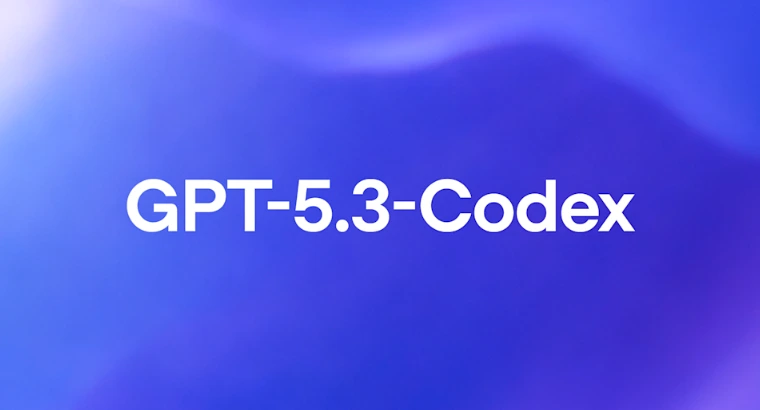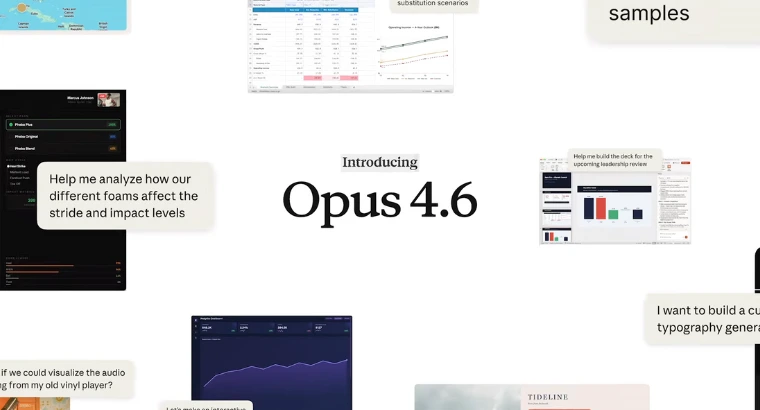
Key Highlights
- AI Startup Vast Data is in talks to raise new funding at a $30 billion valuation, nearly triple its last valuation in 2023
- Alphabet’s investment arm CapitalG and AI chip leader Nvidia are leading the funding, which shows strong confidence in Vast Data’s tech
- The company is already profitable, as its revenue is expected to triple by 2026
Vast Data, a fast-rising AI infrastructure startup, is in advanced talks to secure a massive new funding round that could value the company at a staggering $30 billion, according to sources familiar with the matter.
The investment, led by Alphabet’s growth-stage venture arm CapitalG and AI chip giant Nvidia, shows the intensifying race to dominate in the artificial intelligence computing space.
Vast Data Steps Up in AI Race
If finalized, the deal would catapult Vast Data into the upper echelons of the tech world, which could make it one of the most valuable private AI companies. This figure is nearly tripling its $9.1 billion valuation from just 2 years ago.
According to the report, the New York-based firm is a leading player in high-performance storage solutions designed for AI data centers, a critical piece of infrastructure as demand for AI computing power explodes.
The funding round is expected to close in the upcoming weeks. This funding would inject several billion dollars into Vast Data, further solidifying its position in the red-hot AI infrastructure market.
The company’s technology optimizes how data flows between GPUs, the powerful chips made by Nvidia that train AI models, making it a key enabler for AI labs, cloud providers, and enterprises.
Big-Name Backers and Rapid Growth
Nvidia, already an existing investor, is doubling down on Vast Data. This constant backing shows its strategic importance in the AI supply chain.
Meanwhile, Alphabet’s CapitalG stepping in suggests Google’s parent company sees long-term potential in Vast Data’s storage architecture as it competes with rivals like Microsoft and Amazon in AI.
Financially, Vast Data is on a steep upward trajectory. The company hit $200 million in annual recurring revenue (ARR) by early 2025 and is projected to triple that to $600 million next year, according to sources.
CEO Renen Halak has previously stated that the company is already free cash flow positive, which is a rare feat for a high-growth tech startup.
The US is heavily investing in data centers to meet the soaring demand for AI applications, with huge financial commitments from tech giants and government initiatives. Microsoft plans to spend $80 billion in fiscal 2025 on AI-based data centers, with over half allocated to US infrastructure.
Google is investing $25 billion over two years in the PJM grid region for AI data centers and $3 billion to modernize Pennsylvania hydropower plants.
The Stargate project, a joint venture between OpenAI, SoftBank, and Oracle, commits $100 billion initially, with up to $500 billion over 4 years, aiming to create more than 100,000 jobs.
The US AI data center market was valued at $5.38 billion in 2024, projected to reach $32.95 billion
IPO on the Horizon?
While Vast Data has not yet filed for an IPO, industry insiders and bankers view it as a prime candidate for a blockbuster public listing in the near future. The company has raised $380 million to date, but this new round, with its eye-popping valuation, could set the stage for an eventual market debut.
The AI Infrastructure Gold Rush
The AI boom has shifted investor focus from flashy AI applications to the underlying hardware and storage needed to sustain them. With the U.S. government pushing for expanded data center construction and AI workloads growing exponentially, firms like Vast Data, Weka, and DDN are attracting major capital.
However, analysts say Vast Data’s technology is more mature than its competitors. This provides it an upper edge in a rapidly evolving market.
If the funding round closes as expected, Vast Data could emerge as a central player in the AI infrastructure arms race. This could potentially put itself as an acquisition target or a future public company. For now, all eyes are on whether Alphabet and Nvidia finalize their bets on what could be the next big thing in AI’s backbone.











